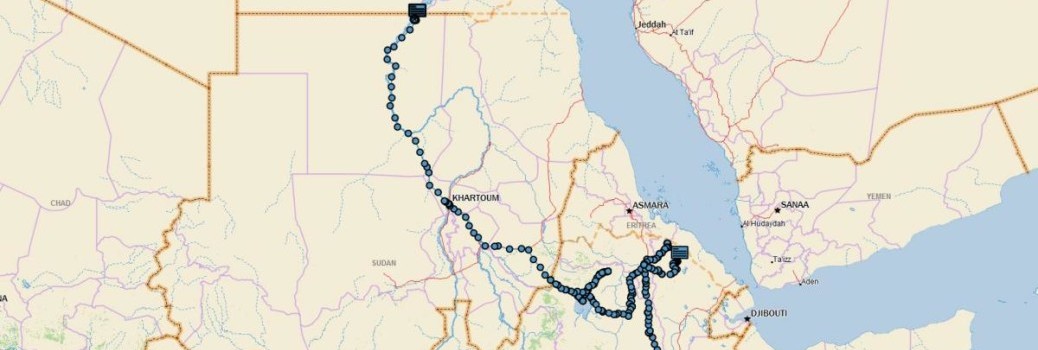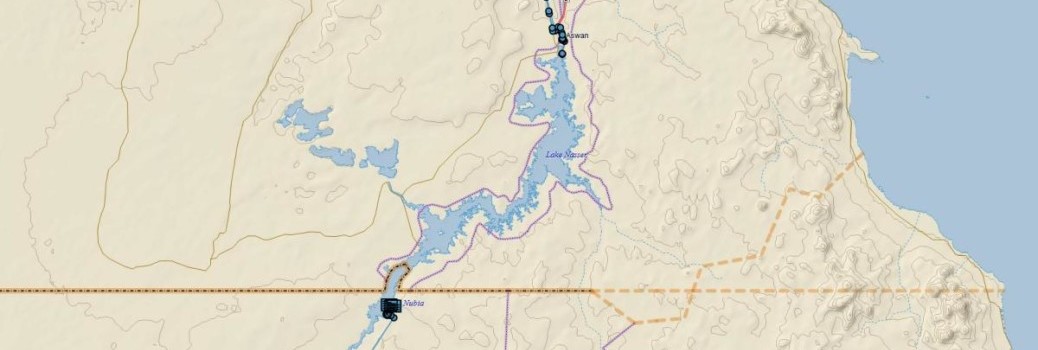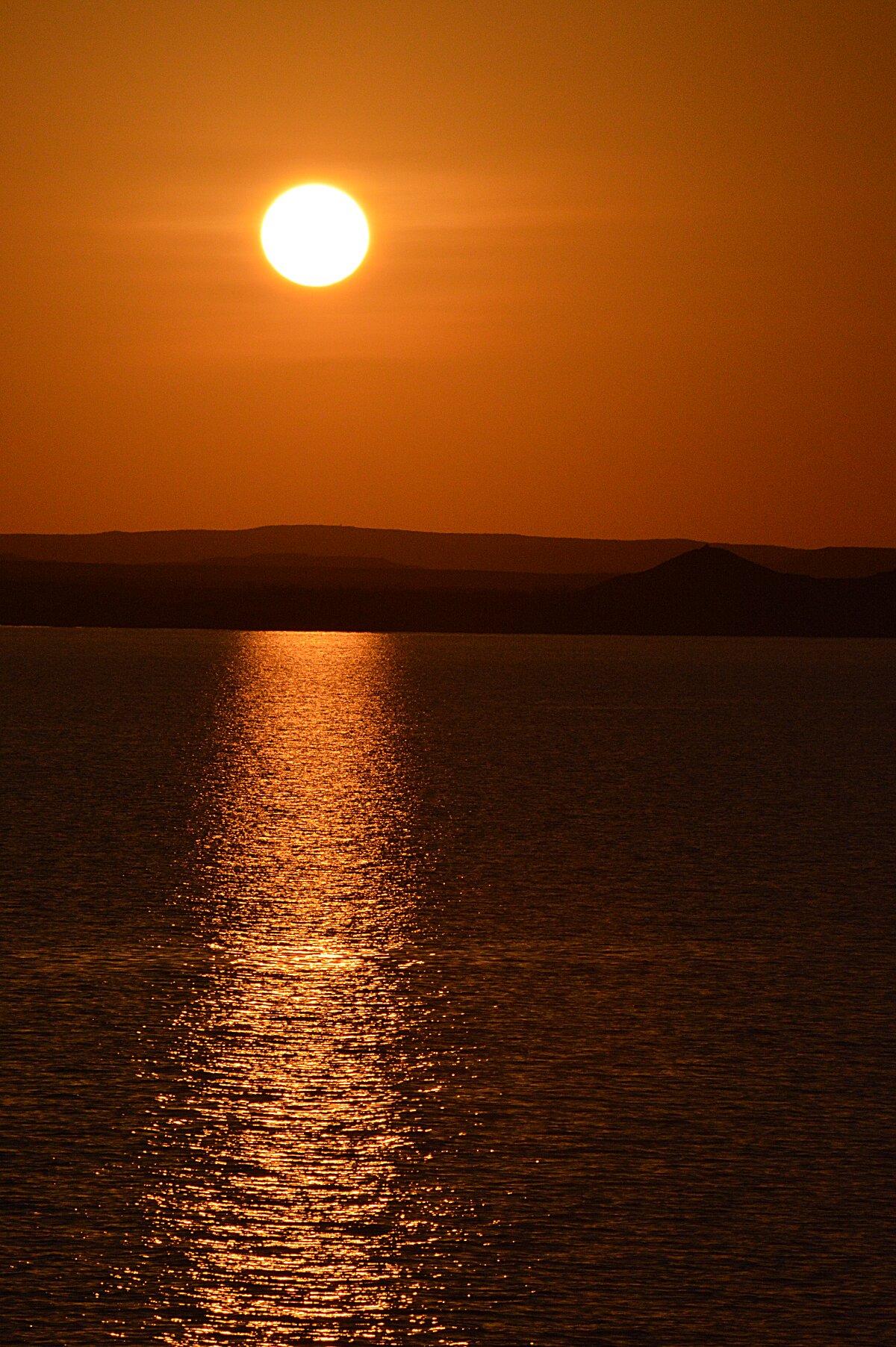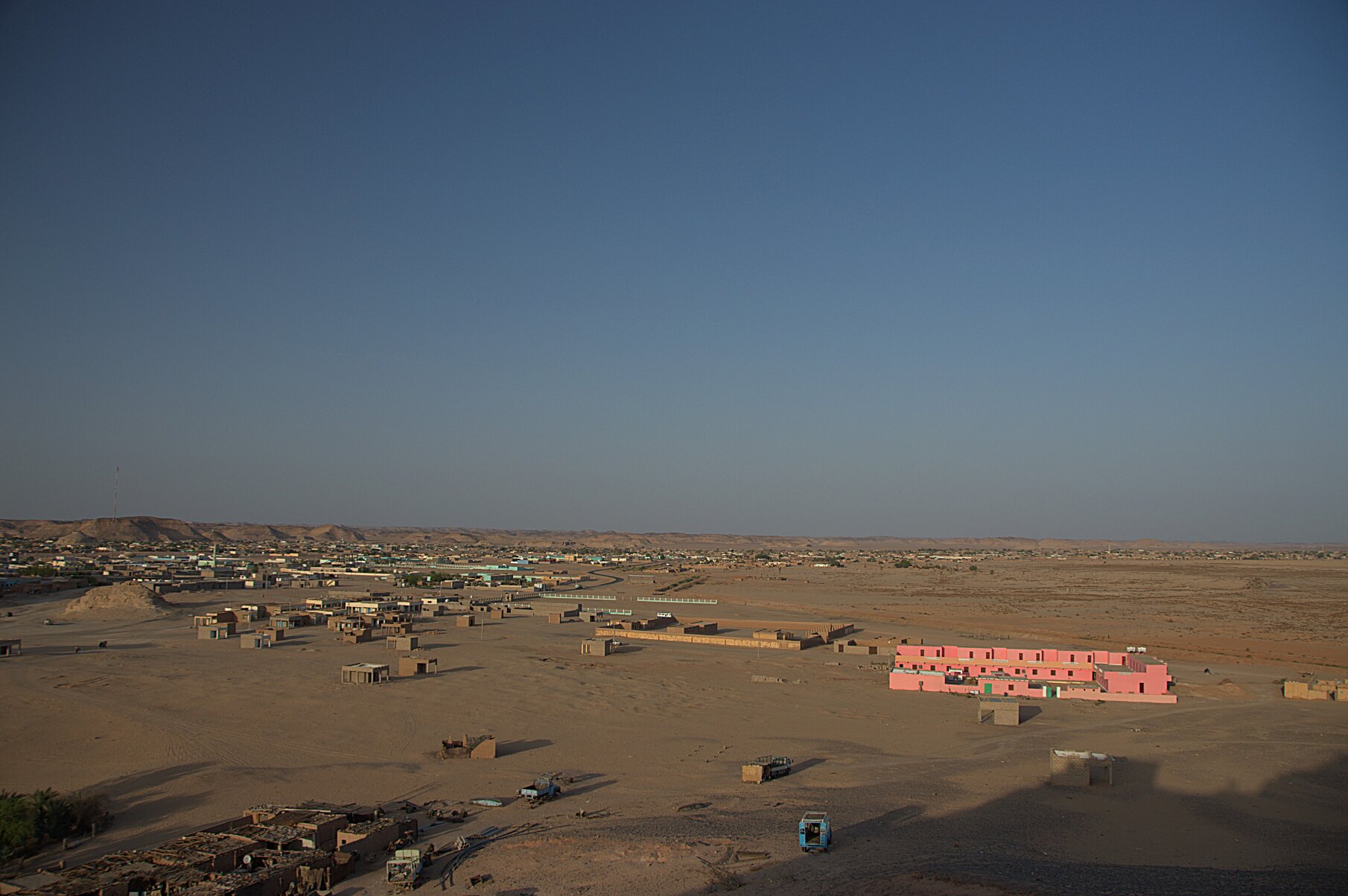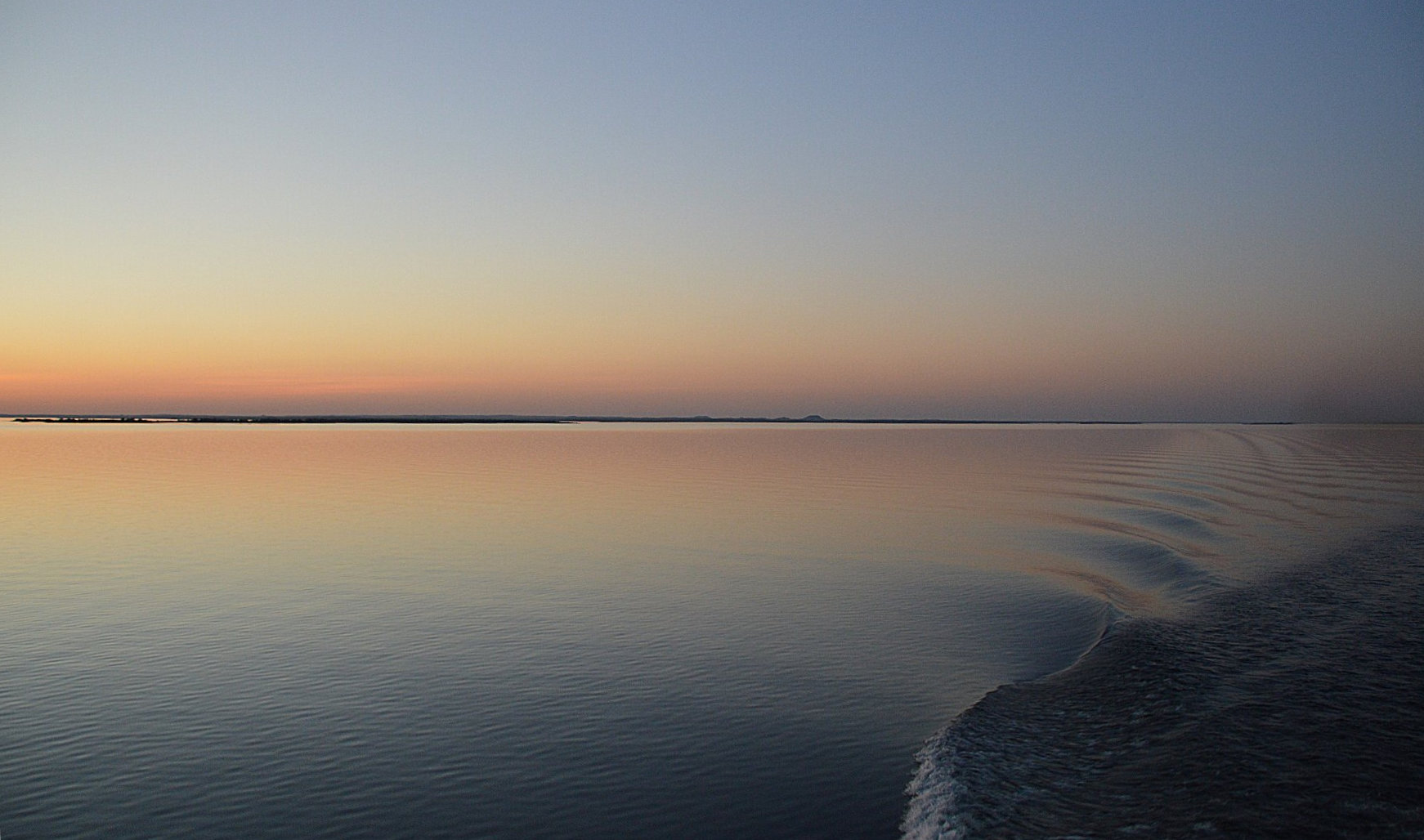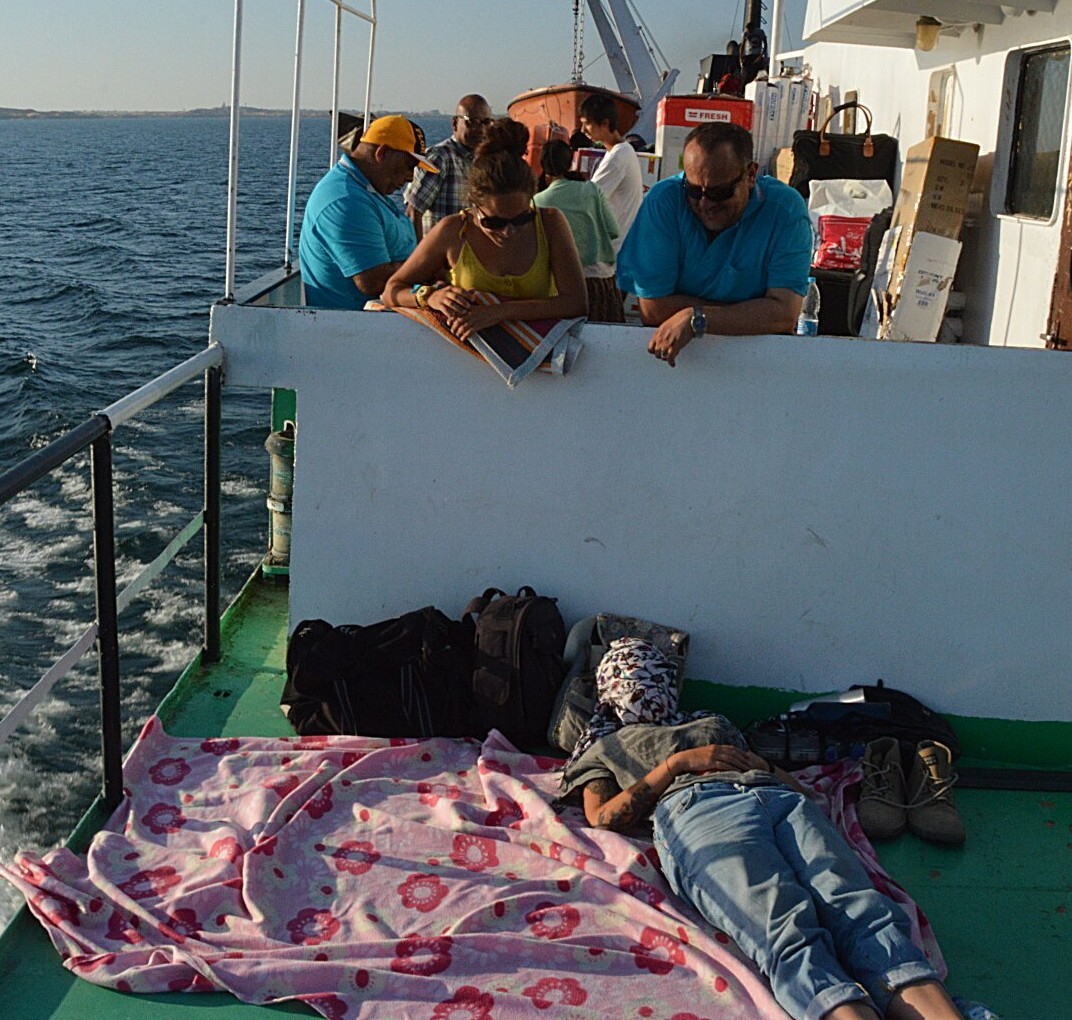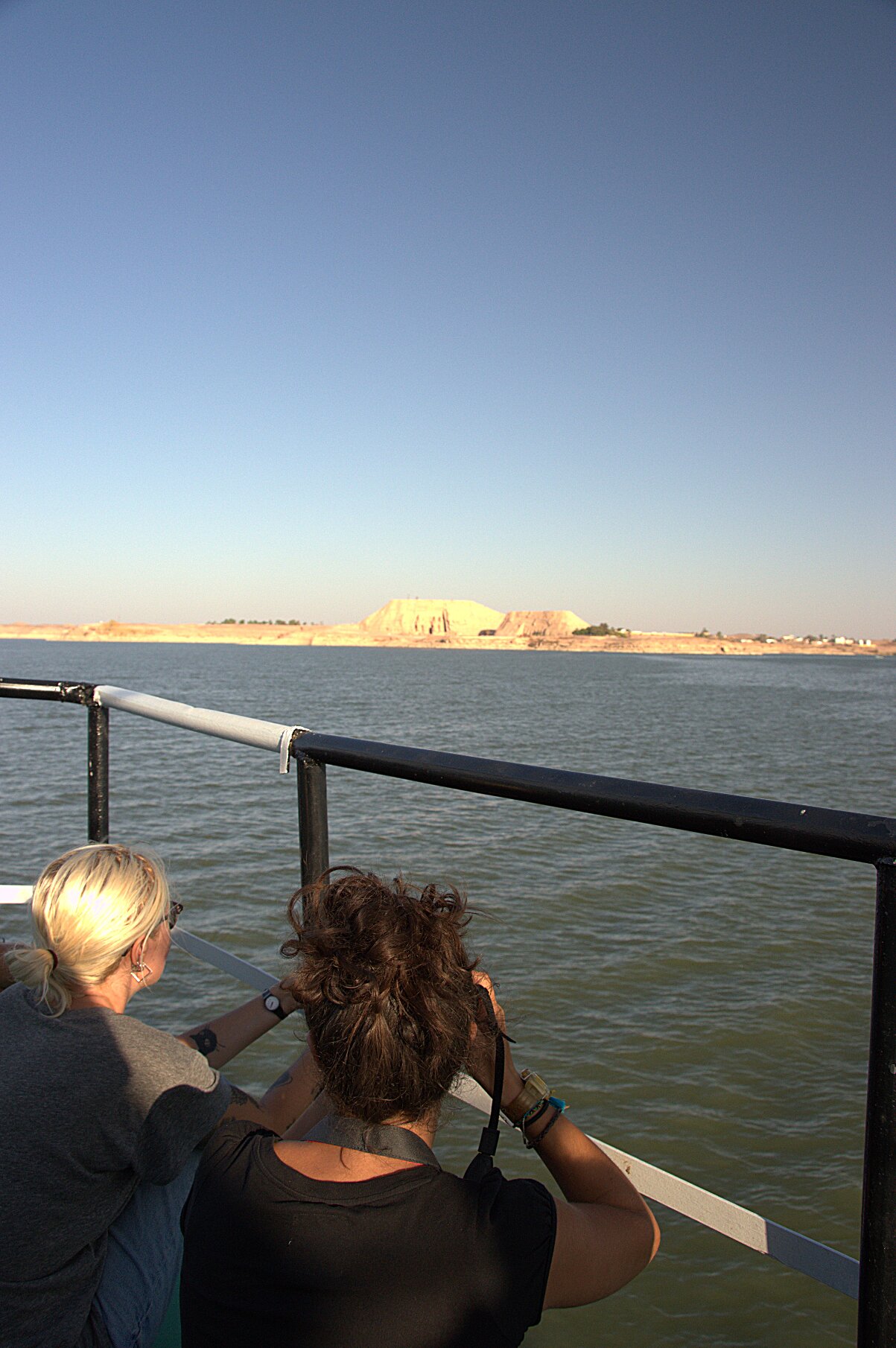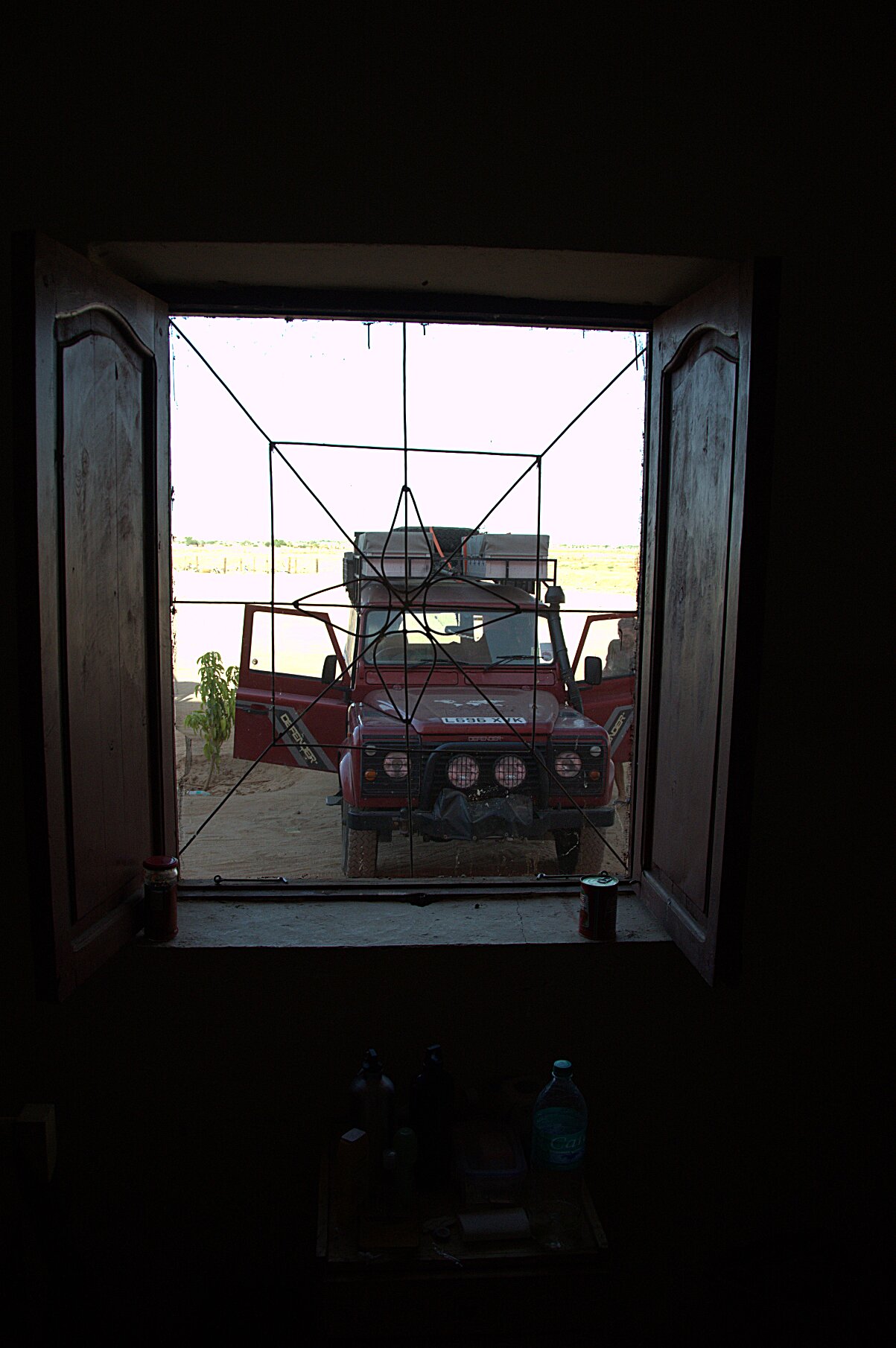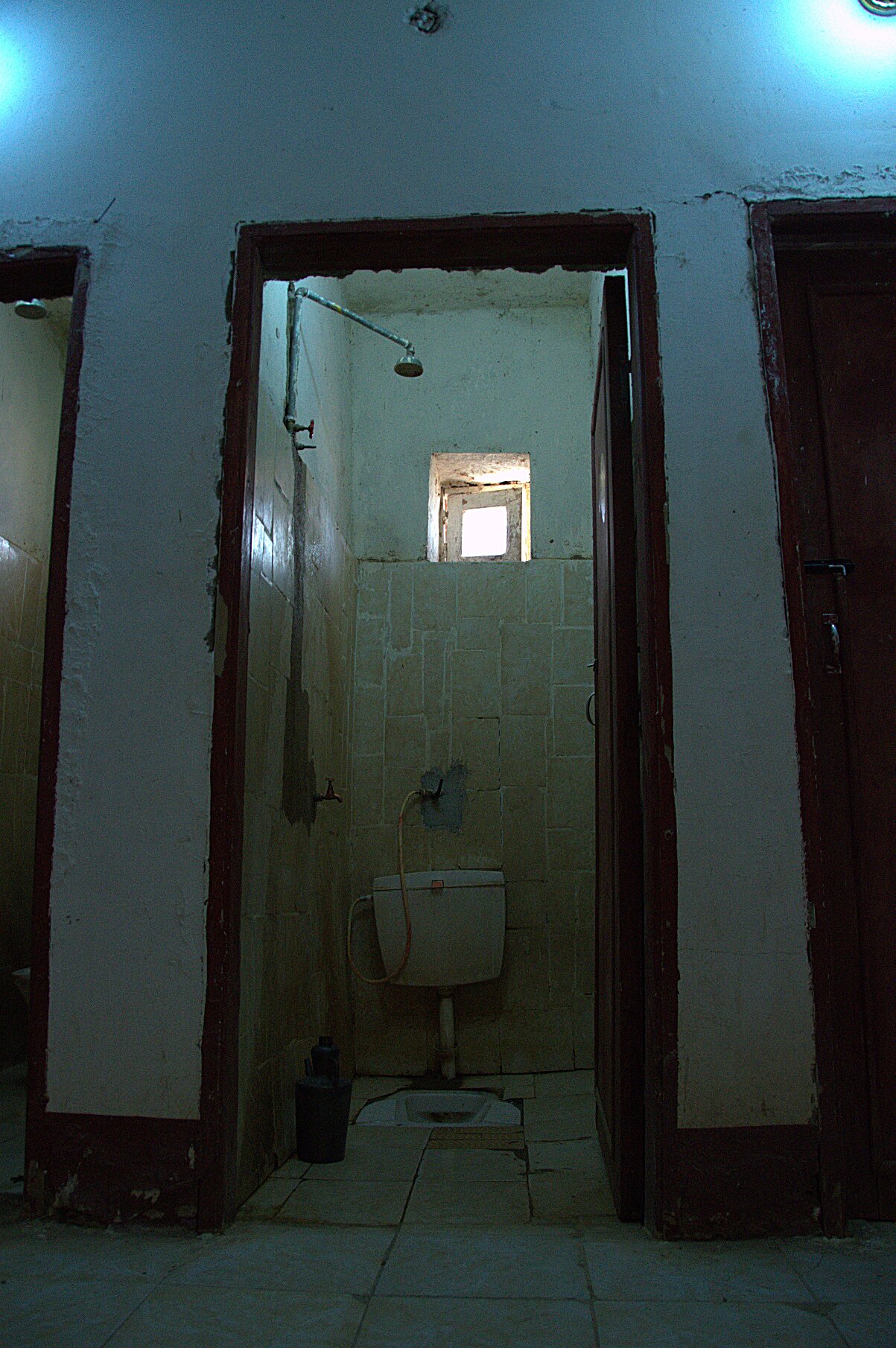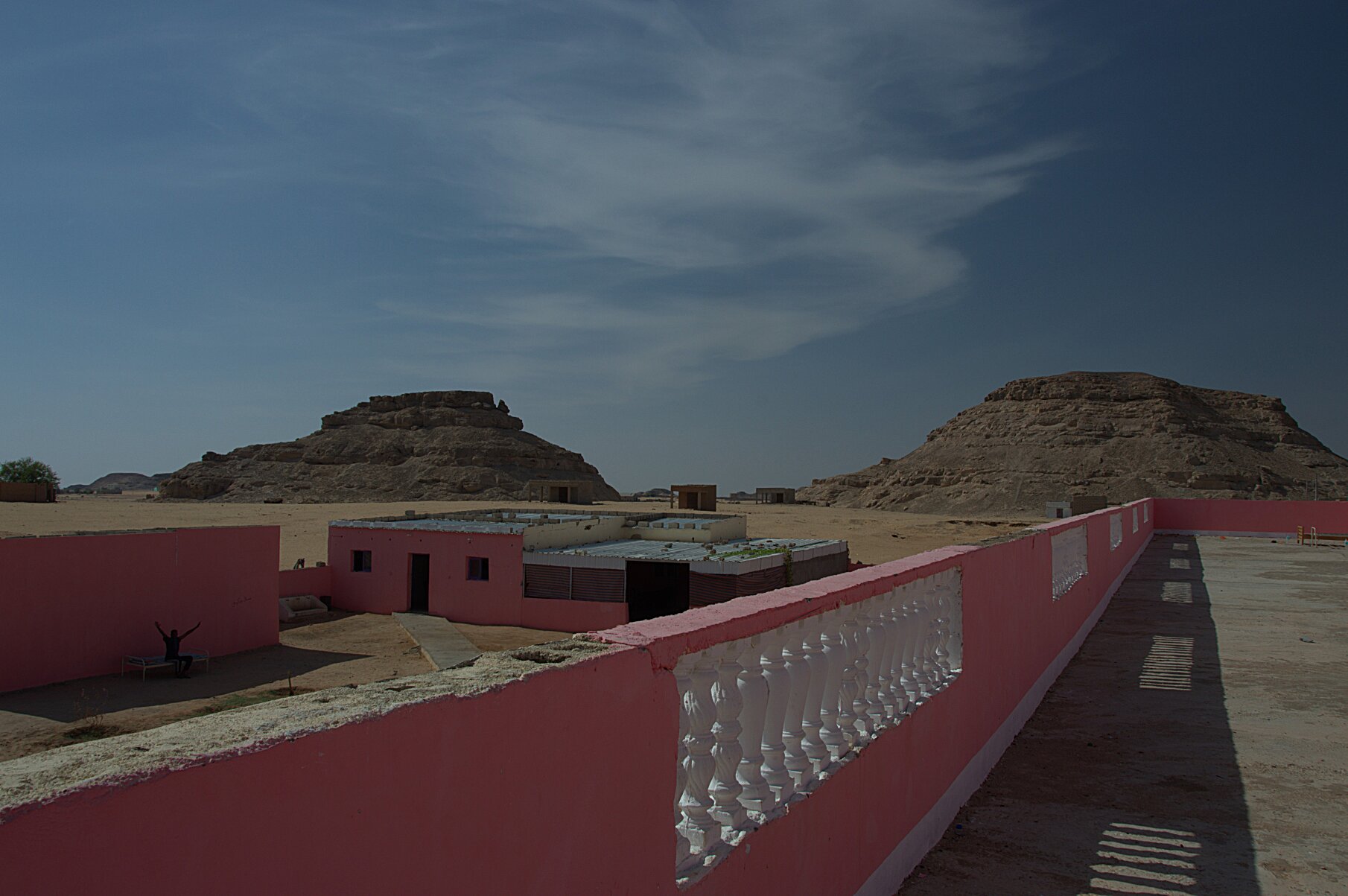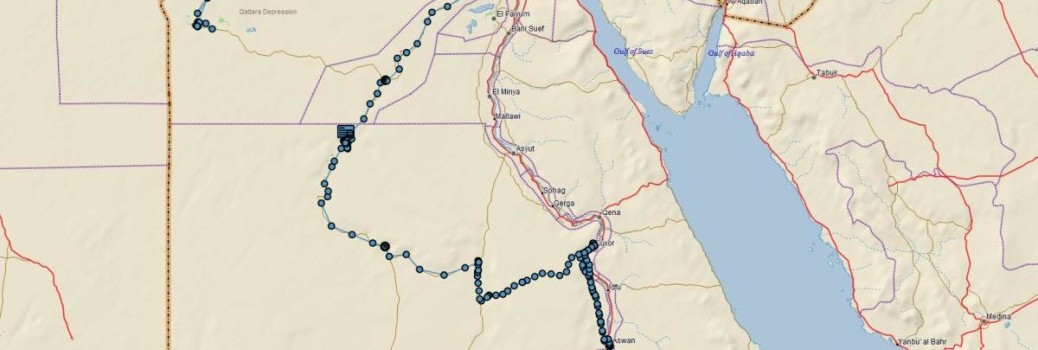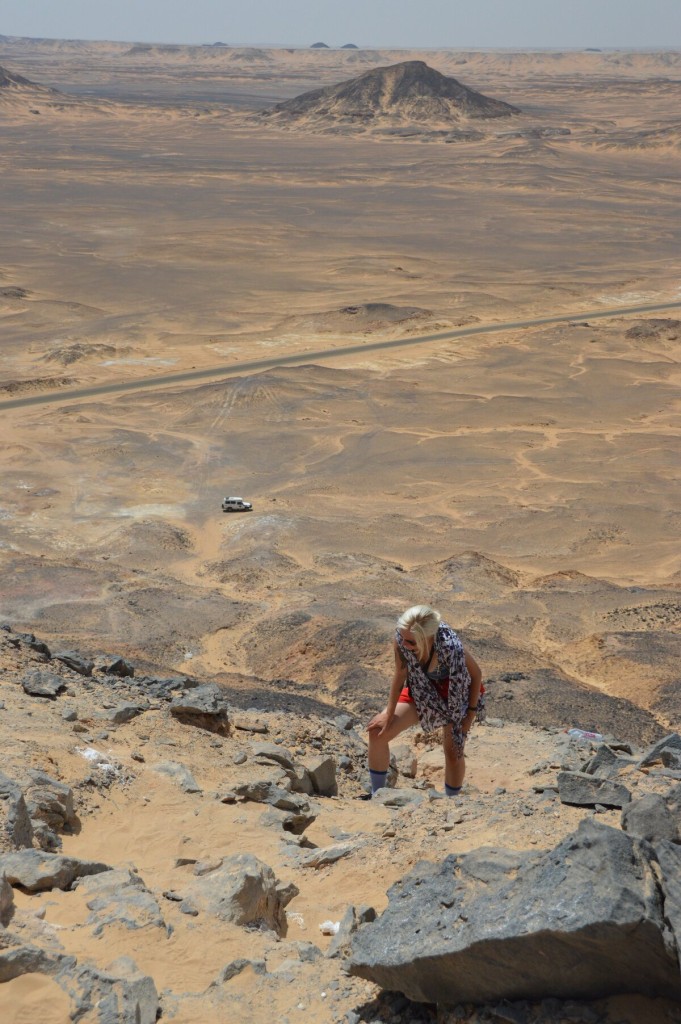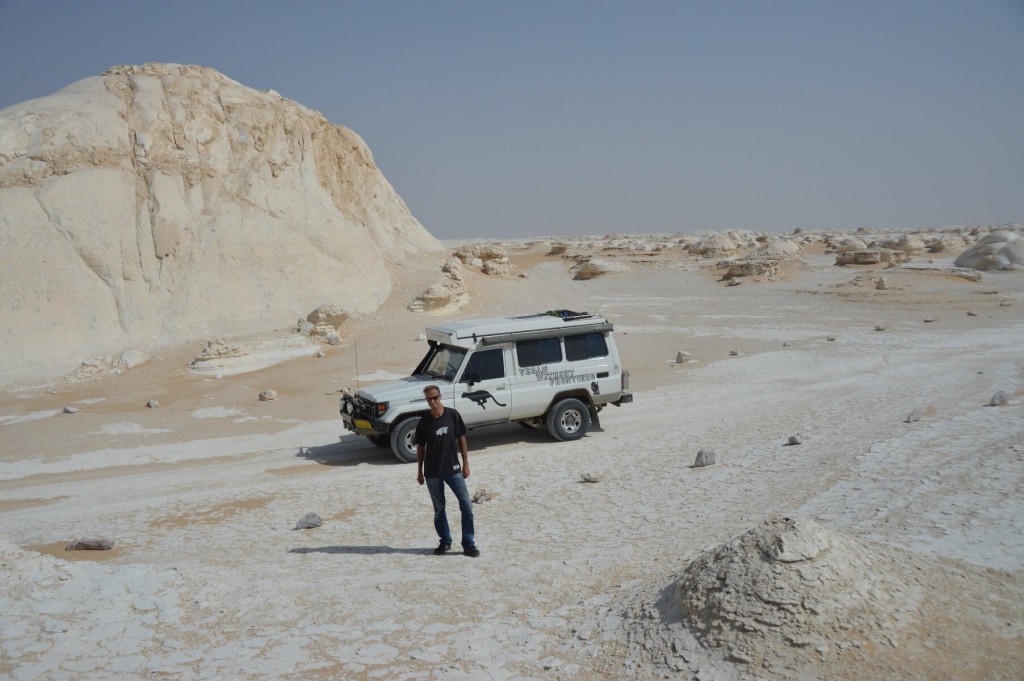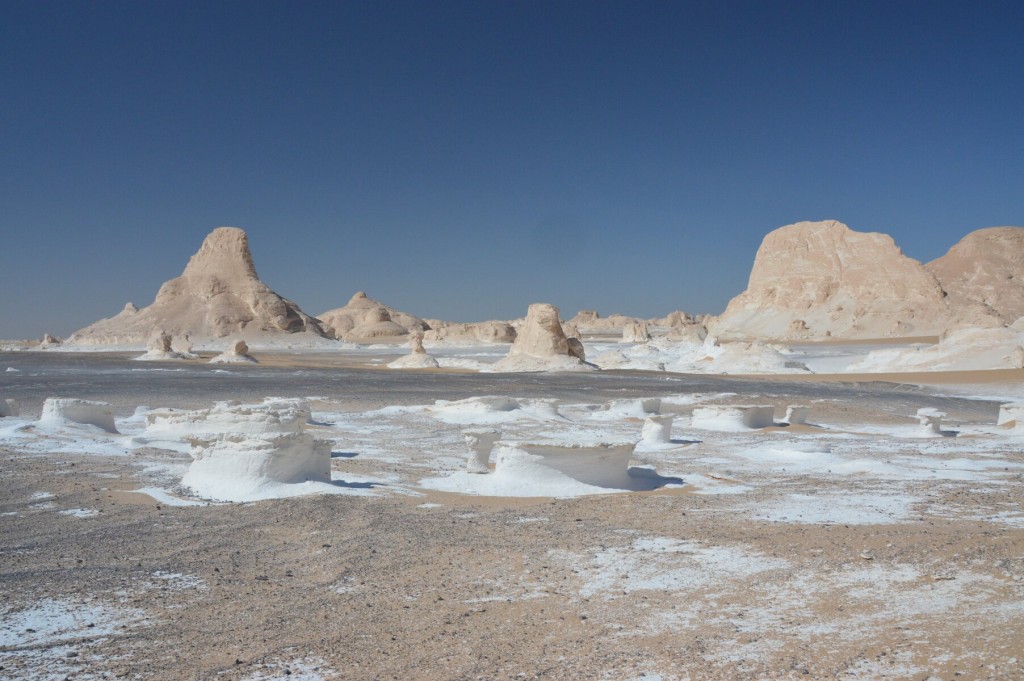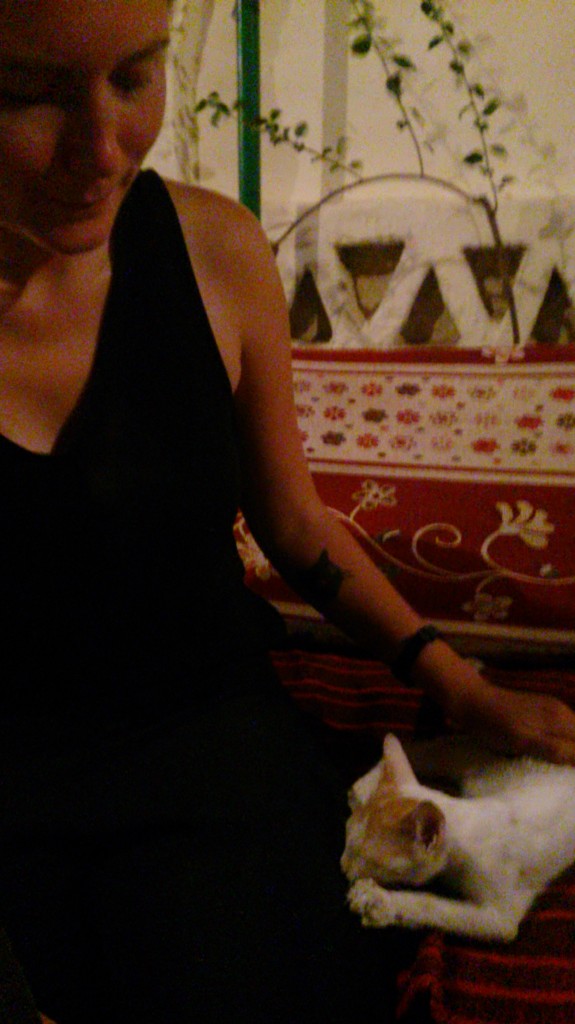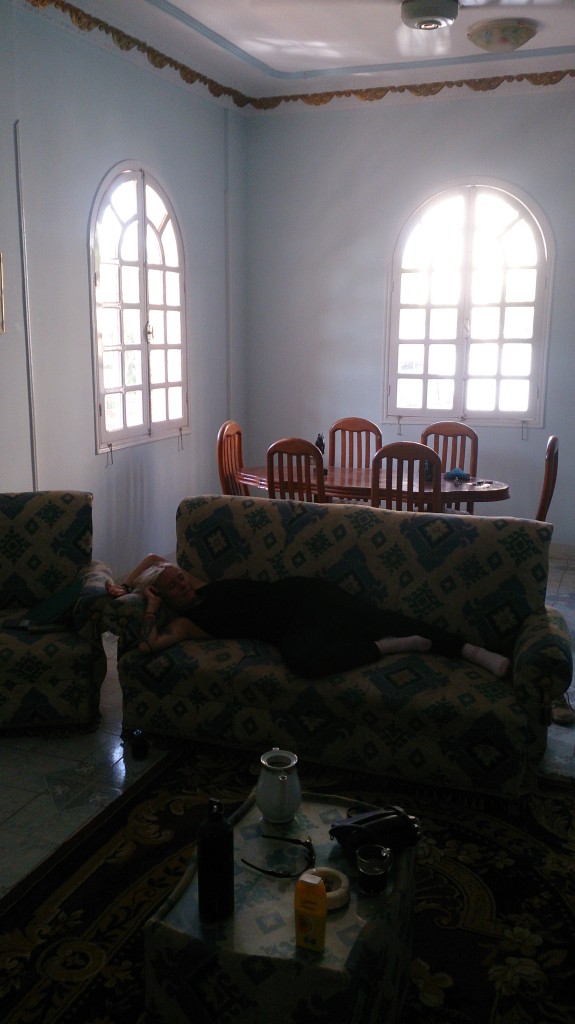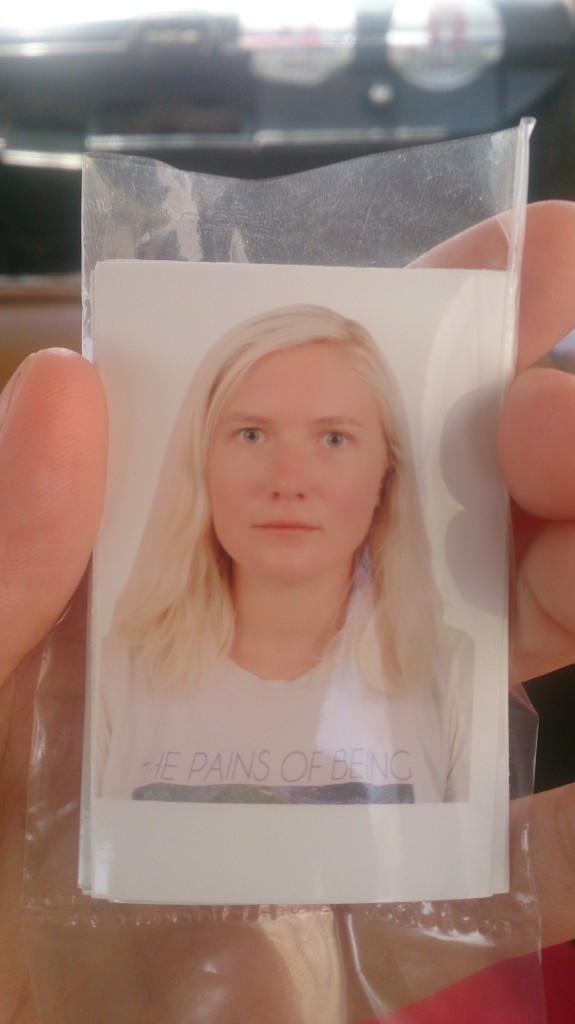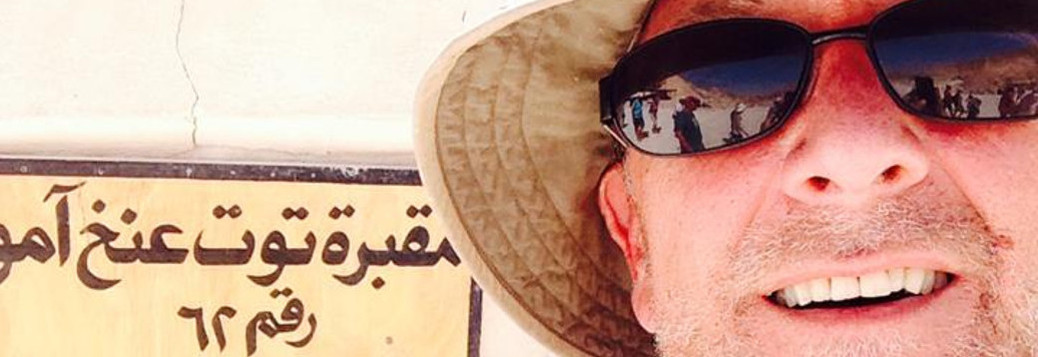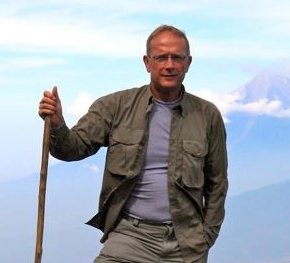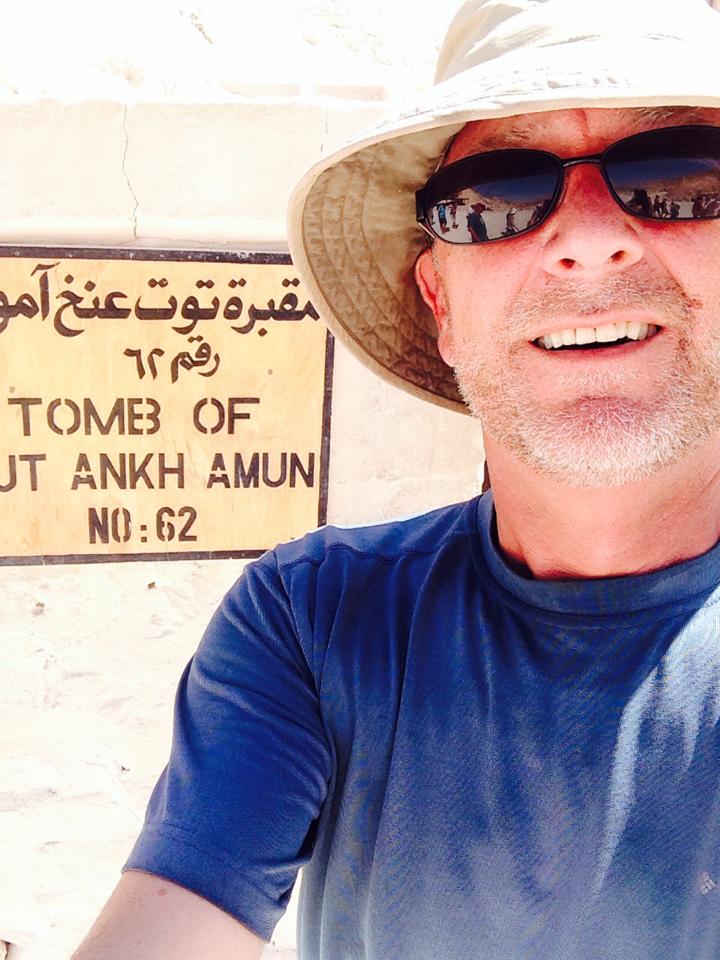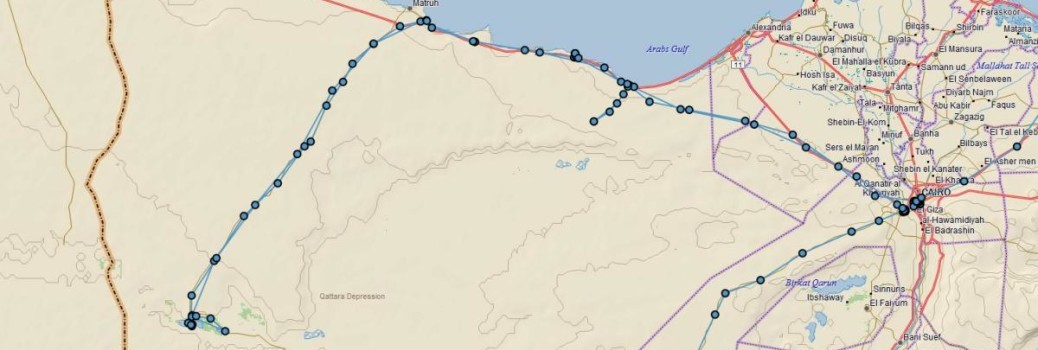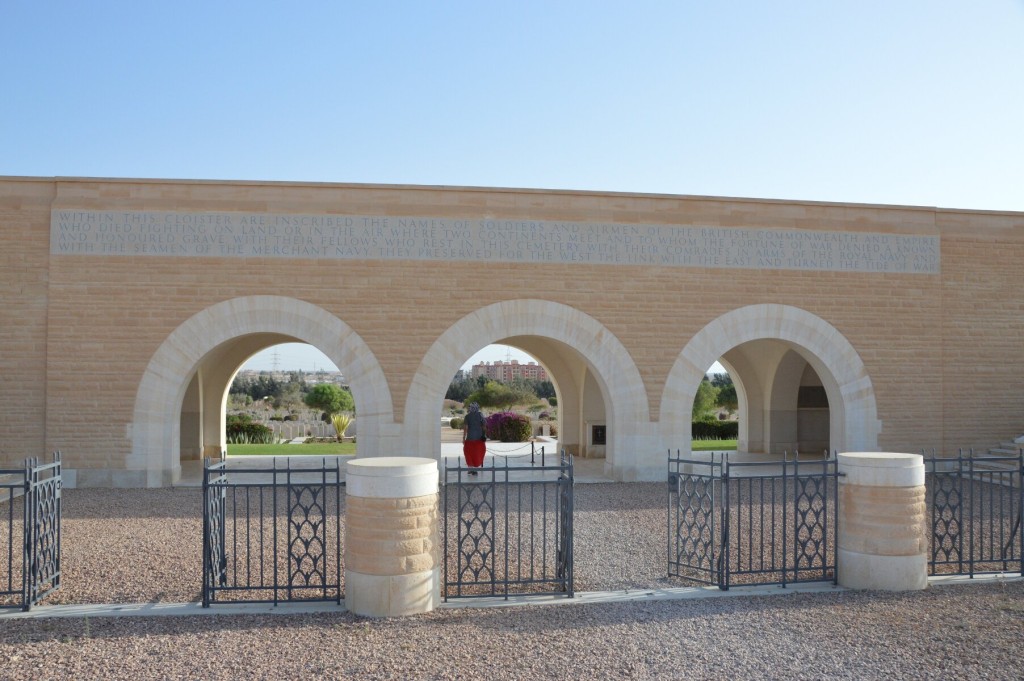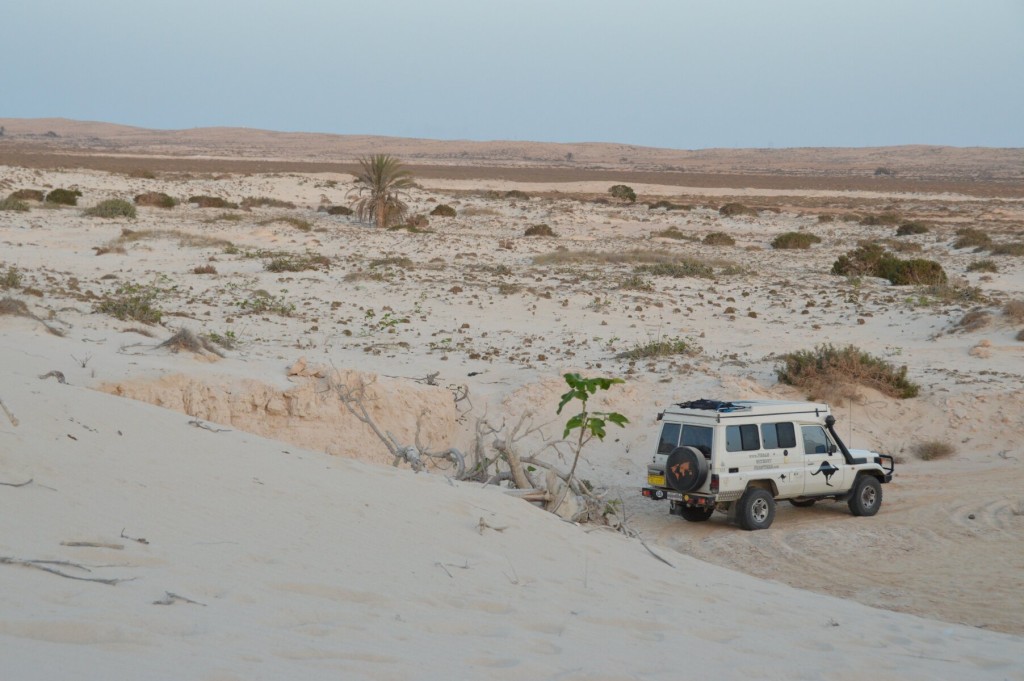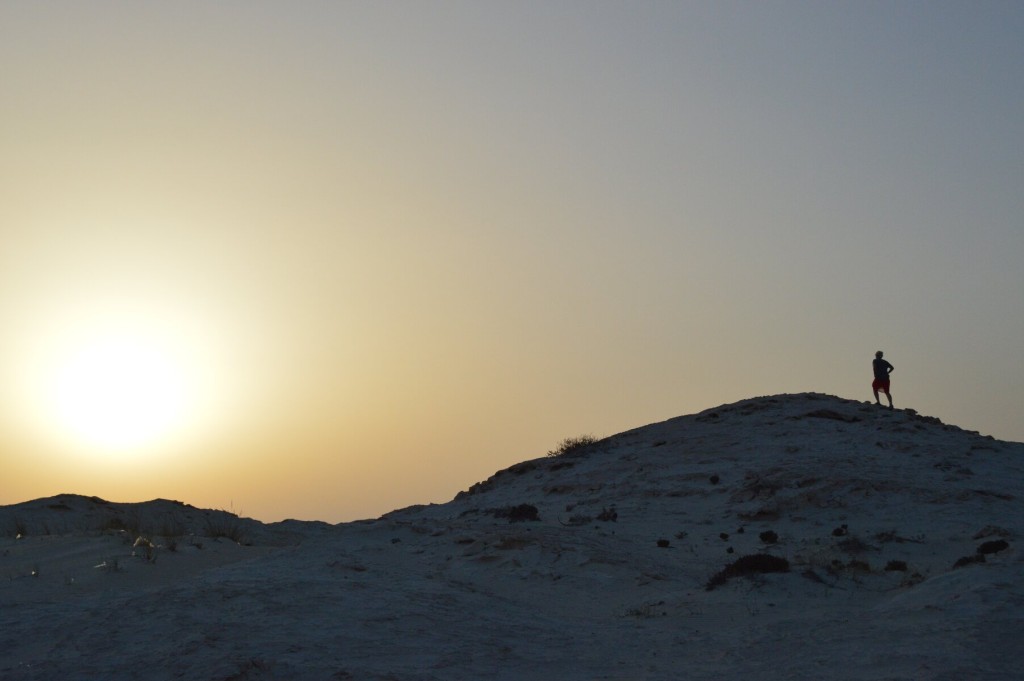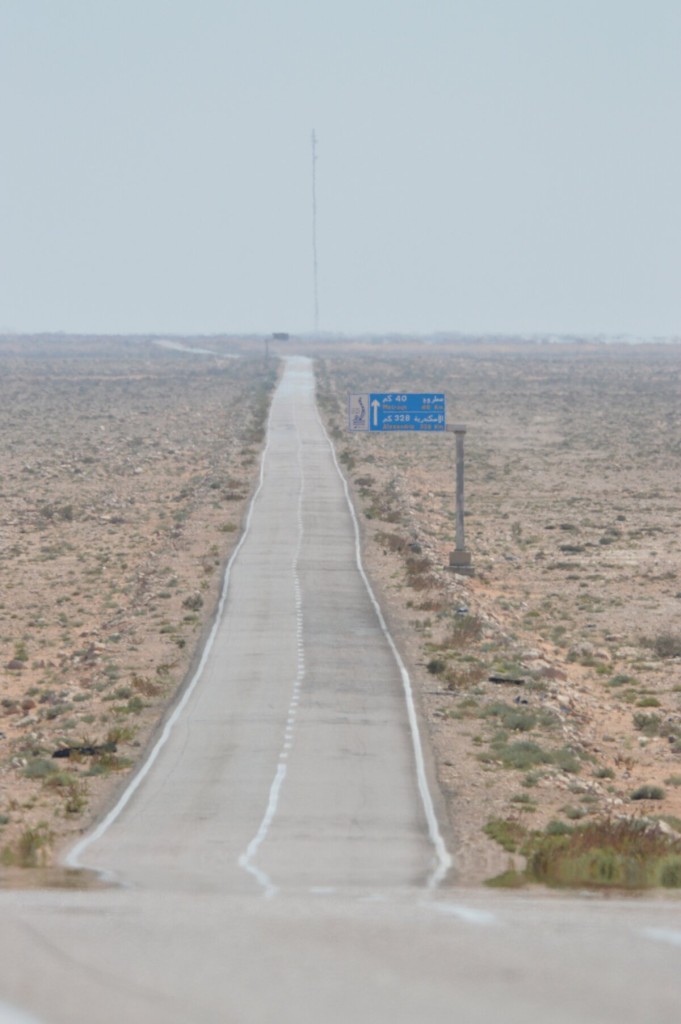The Sahara adventure is over. We escaped Wadi Halfa on Wednesday afternoon and drove all evening and night straight to Khartoum, almost in a convoy with the other two vehicles that were stuck on that barge with poor Troopy. The road was very smooth (in most places) and we managed to avoid most of the field desert mice that kept running across the road in the dark hours. The reason for this dash to Khartoum was to get to the Ethiopian embassy bright and early to get our next visas. We stopped at a sort of truck stop just outside the city and slept for a couple of hours.
In the morning, with some help from a tuk tuk driver and our friends Jack, Eneko and Alba, we managed to find the embassy. It was most certainly not where google maps or the gps said it was supposed to be, but that is becoming quite the norm in these parts. Sometimes I cannot rely on addresses and maps and directions unless they are coming from a local. There is also the added stress of not having a proper map for Sudan and Ethiopia but I seem to be managing navigating just fine.
The Ethiopian visa took about two hours from the moment we got paperwork to fill out until we got handed our passports back with the fresh new handwritten visa. Afterwards we said goodbye to our friends, who were all going to drive to the border, whereas we decided to chill out for the day at the International Camp south of the Khartoum airport, clean out the car, get some supplies, and drive to the border first thing in the morning.
The campsite was anything but luxury. We were told to park our car in some sort of open theater turned football field, and of course we were the only ones camping there, although there were other people staying in little accommodation houses. The facilities were clean but very drab, the many toilets were squats and some of them didn’t have running water. The showers were either ones that closed but had no water, or didn’t close and had cold water. But we made the most of what we had, we filled up our water supplies and I even did some laundry.
The next day we packed up, got fuel and zoomed off to the border. It was a very interesting drive, finishing the Sahara and seeing fields of green. My guess is they had a a very dry season just before this month, because all the greenery is fresh but there were so many dead animals in the fields, and the animals we saw grazing were very skinny. Some places were flooded with muddy water, but overall the scenery was overwhelming for the eyes, having spent over a month in the desert climate and seeing mostly yellow, orange and brown.
We got to the border just in time before they closed for the night. We had to dash around the small border town to get to immigration and customs on the Sudanese side, and then immigration and customs on the Ethiopian side. The border town was bustling with people and activity, and many stared at me as I sat in the car, waiting for Jonathan to get the Carnet stamped.
Finally after crossing the border we were in yet another country! Ethiopia was even more lush and green, almost immediately after the border. The animals looked very well fed, the people wore different clothing, many were waving as we passed, children ran around shouting “hello” and “you” (apparently the Ethiopian equivalent of “hey!”), women were not wearing headscarves and many were seen on the road, including police women! Such a change from the previous two Muslim countries. We stopped at a market town to get some fresh tomatoes and onions, and as we approached the veg stall, we were surrounded by fifteen or twenty children. All of them staring, pointing, saying something to each other, and two particular girls who stood right next to me kept poking me and stroking my wolf tattoo. Quite weird! Then we bought two veg samosas from a shy adolescent boy who hung around our car when we were getting ready to drive off again. The samosas were very good!
We camped just off the road by a stream, next to some trees. The bushes were alive with insects and sounds, so we had to close ourselves in the car, and even then a bunch of midges and a couple of moths got inside and hung around the lights. In the morning we were visited by three children, two girls and one little boy. They hung around looking at us and the car, and eventually I gave them some fruit in exchange for taking their picture. The bananas were eaten immediately, but the orange was still intact by the time we packed up and drove away. Some other villagers passed our car but all were polite and held their distance, unlike our previous village experience in Turkey.
As we continued to Gonder, we started climbing up in altitude and drove through clouds that passed the road. All of a sudden the road would almost disappear, and people or animals would emerge out of the white dense fog like ghosts. We got to Gonder in one piece though, and spent the day chasing spare tires. Two men were helping us out on this quest, and we were assured that the tires will arrive on Tuesday, and we were asked to pay half the price in advance. After all this we drove to Debark, the town with the Simien Mountains park headquarters, and camped in a really crappy parking lot of a dying hotel. There was no running water and the toilet.. well, at least it was just us using it. The night got very cold, I slept in a sweater and socks. Quite a change from sweating into the sheets in Wadi Halfa.
The next morning we went to the headquarters, got assigned a scout (it is illegal to access the park without a scout) and off we went! Our scout’s name was Frey and he spoke about 5 words in English. He brought only what he was wearing and his ancient rifle. Troopy doesn’t really have a second passenger seat, so me and Frey were cramped in the elongated front seat, luckily our scout was small and skinny. The mountains were absolutely nothing compared to any mountains I have seen before. They have flat tops, and rise up very high with long dramatic drops into nothingness. The clouds can be seen below, above and on the level of the road. Everything was covered in green and the earth was very wet. There were some patches of the road that was just mud and puddles, it was a miracle we didn’t get stuck like the other trucks we saw on the way carrying people. From the first impression, it looks like the mountains are lonely and empty, but in fact they are bustling with life: people, horses, mules, donkeys, sheep, cows, and then a whole lot of wildlife, the most impressive being the baboons. Those long-haired mammals hang around on hills and along the road, seemingly unafraid of humans. We saw a group of them grooming and fighting, then another group sitting around pulling out grass and eating it. By their scary large teeth you wouldn’t think these baboons were vegetarians!
We stopped to camp at Chenek, and spent the day making food, drinking hot tea and coffee, lounging around mostly. The weather was getting more cold and severe, so we had to climb into the car for all of evening to escape the rain. Eventually our scout said goodbye and left to go to the “lodge” where there were other scouts and some women who I am guessing live there. The night was very tough, the wind was insane, and with every gust we felt that the car would topple over. Or at least I felt that way. It was very loud, and unable to sleep, we moved downstairs and pulled the roof down to minimize the rocking and the noise. In the morning the hardest was climbing out of the warmth and into the chilling air.
We drove back to Debark and then south to Gonder, to spend the night and get our tires today. However, as we walked around the town last night, our previous “helper” informed us that there might be a problem with the tires. So it is with a heavy heart we start out today, hoping to get our tires, and if not, then get our deposit back and change our plans once more to get the tires first before heading to Mekele.

